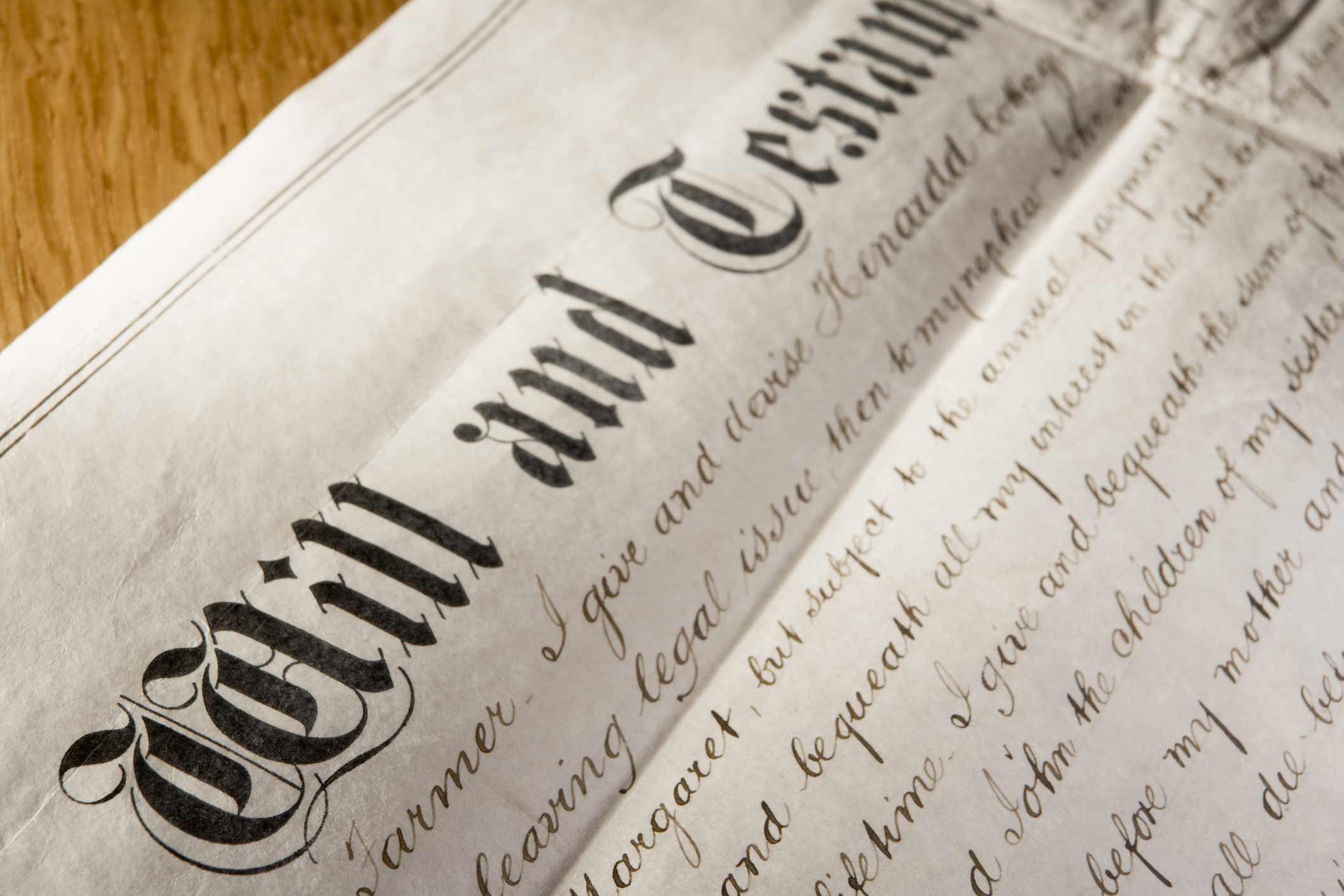Written by Sussan, Greenwald & Wesler
Choosing a guardian to name in your Will
When handing your will and estate planning, one of the most important decisions you’ll have to make is who will take care of your children if you become incapacitated or in the event of your death.
“If you don’t name a legal guardian in your will, the court will choose who will care for your children,” says Alex Hilsen, Esq., LL.M., head of SGW’s Estate Planning Division. “And you can’t assume that they will automatically grant custody to aunts, uncles, or grandparents.”
When drawing up your will, be sure that you and the other parent agree with who will be your child’s legal guardian so you can name the same person in both of your wills. “It’s a highly personal decision, so you want to make sure that you’re on the same page,” says Hilsen. You might also want to think about naming an alternate guardian if the person named isn’t able to take on the responsibility for whatever reason. “This may be a particular concern if you have a child with special needs.”
While it may be difficult to find a guardian who meets all of your criteria, consider the following five factors so you can make the best choice possible for your children.
1. If you want your children to stay together you need to specify that in your will and think about whether your chosen guardian is in a position, both financially and emotionally, to take care of them. If he or she has other children, how will your families blend? Does he or she have the financial resources to care for your children?If your preference is to have your children raised in a two-person home, be sure to name each member of the couple as a co-guardian. For example, if you would like your sister and brother-in-law to jointly raise your children, include them both as co-guardians.“Also keep in mind that there are two kinds of guardians, guardians of the estate and guardians of the person,” advises Hilsen. You can choose a guardian who will manage your child’s money and assets, and then pick another guardian who may be better suited to become a substitute parent in the event that you are not able to take care of them. “For example, your sister may be the perfect person to raise your kids, but she may not necessarily be financially savvy.”
2. Can your chosen guardian take care of your children through adulthood? While your children’s grandparents may seem like the obvious choice as guardians, you need to consider their age and general health. “Raising children, especially when they’re young, is physically demanding and could be a very important consideration,” says Hilsen. “Choose a guardian who you think has the longevity to care for your children until they’re at least 18 and who will be healthy enough to be able to withstand all of the challenges of childrearing.”
3. Does your chosen guardian live near you? Consider how near/far your chosen guardian lives from you, as well as other key people in your children’s lives. “Think about whether you want your children to deal with moving to a new location/school in addition to losing their parents,” advises Hilsen. “They’ll need a network of friends and family who they feel comfortable with and who can support them.”
4. Does your chosen guardian share the same values? Consider whether your chosen guardian has similar beliefs when it comes to parenting style, values, goals, religion – whatever is most important to you. “If you want your children raised close to the way you would have raised them, choose a patient and kind individual who knows your kids, shares your values, and who will be a good role model for your children,” says Hilsen.
5. Has your chosen guardian agreed to be named in your will? Before it is in writing, make sure you discuss all of these considerations with your chosen guardian. “Asking someone to raise your children is a huge honor, but also a tremendous responsibility they’re agreeing to take on,” says Hilsen. Once you have their approval, consult with your attorney so that he/she can draft the necessary documents to make it legally binding and official. “Wills, trusts, and other legal documents can be used to implement your guardianship decisions,” says Hilsen. “Your attorney can advise you on proper procedures, as well as prepare and file the necessary paperwork and required documents.
Get your Estate plan started today by calling 609.409.3500.


